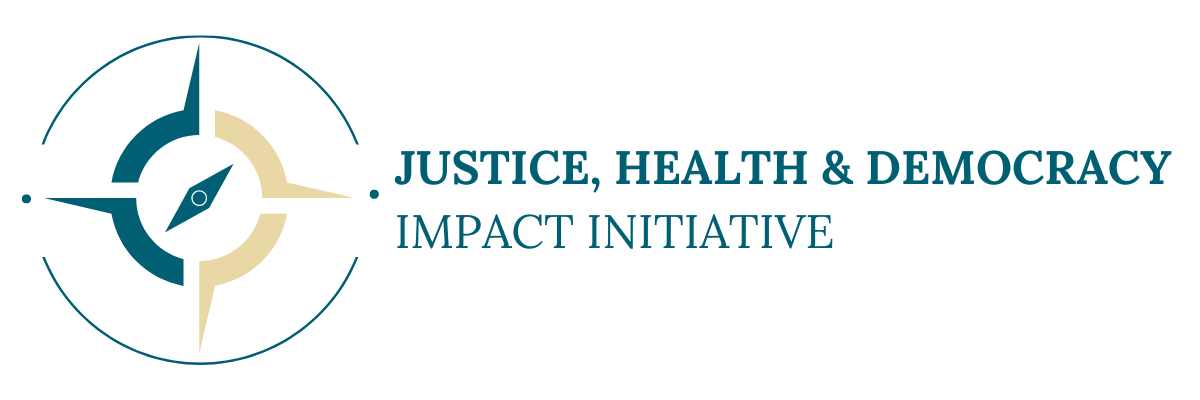Ethics of Decentralized Social Technologies: Lessons from Web3, the Fediverse, and Beyond

This paper argues that the plethora of experiments with decentralized social technologies (DSTs)—clusters of which are sometimes called “the Web 3.0 ecosystem” or “the Fediverse”—have brought us to a constitutional moment. These technologies enable radical innovations in social, economic, and political institutions and practices, with the potential to support transformative approaches to political economy. They demand governance innovation. The paper develops a framework of prudent vigilance for making ethical choices in this space that help to both grasp positive opportunities for transformation and avoid the potentially problematic consequences. Most of our specific examples and concerns come from the blockchain/Web3 universe, as this has received the greatest investment, attention, and adoption to date. However, we aim to offer a framework for governance decision-making in conditions of uncertainty that applies more broadly to other DSTs. Specifically, under the framework of prudent vigilance, we propose a pragmatic, democratic, and pluralist approach to navigating bold experimentation with social practices and political economy enabled by these technologies. Our overarching goal is to provide a framework open to transformative improvement and constrained by guardrails and guiding values supportive of democracy, freedom, and pluralism. We take a relatively strong position, rather than simply laying out ethical issues and potential approaches. We seek to be provocative in order to spur further work and hope this paper will serve as a first bridge between academic philosophy and the DST community, which have hardly interacted to date.
Plural Publics

Data governance is usually conceptualized in terms of “privacy” v. “publicity”. Yet a core feature of pluralistic societies is association, groups that share with each other, privately. These are a diversity of (plural) publics, each externally private but with the ability to coordinate and share internally. Empowering plural publics requires tools that allow the establishment of shared communicative contexts and their defense against external sharing outside of context. The ease of spreading information online has challenged such “contextual integrity” and the rise of generative foundation models like GPT-4 may radically exacerbate this challenge. In the face of this challenge, we highlight why we believe the problem of “plural publics” to be a core challenge of data governance, discuss existing tools that can help achieve it and a research agenda to further develop and integrate these tools with a design eye specifically on the requirements of plural publics.
Pandemic Resilience on Campus

Our twenty-first white paper is “Pandemic Resilience on Campus,” by Rajiv Sethi, Rachel Narehood Austin, Divya Siddarth, Jacob Austin, Julie Seager, and Hannah Yoo. Abstract A college campus is a quintessential congregate environment with crowded and bustling living and learning spaces, vulnerable to rapid contagion. Yet online education as currently conceived is a poor substitute […]
Who Is Dying, and Why?

Our nineteenth COVID-19 white paper is, “Who Is Dying, and Why?” by Rajiv Sethi, Divya Siddarth, Nia Johnson, Brandon Terry, Julie Seager, Mary Travis Bassett, and Meredith Rosenthal. Abstract It is commonly asserted, with some justification, that viruses do not recognize social boundaries. And yet the statistics on the demographics of those afflicted and felled by […]
Mitigate/Suppress/ Maintain: Local Targets for Victory Over COVID

The sixteenth white paper in our ongoing COVID series is, “Mitigate/Suppress/Maintain: Local Targets for Victory Over COVID,” by Divya Siddarth, Marie-Laurie Charpignon, Dean Foster, Kazumi Hoshino, Sham Kakade, John C. Langford, Nicolás Della Penna, Rajiv Sethi, Sema K. Sgaier, Peter Smittenaar, Nicholas Stewart, and E. Glen Weyl. Abstract There is growing consensus around a strategy […]
Towards Global Pandemic Resilience

This paper considers varied experiences with tackling the pandemic, with particular focus on three regions — India, Africa, and Latin America — that are collectively home to forty percent of the world’s population. These regions face several challenges to adopting the testing, tracing, and supported isolation (TTSI) roadmap that we have proposed for the United States. We reflect on alternative policy trajectories that can help us transition back to work and social activity while safeguarding human lives worldwide.
Why We Must Test Millions a Day

This paper tries to fill this gap with rough and preliminary but easily explicable calculations. These suggest that, depending on what tracing technology is used in conjunction with testing, at least millions and possibly hundreds of millions of tests per day will be needed.
Outpacing the Virus: Digital Response to Containing the Spread of COVID-19 while Mitigating Privacy Risks

There is a growing consensus that we must use a combined strategy of medical and technological tools to provide us with response at a scale that can outpace the speed and proliferation of the SARS-CoV-2 virus. A process of identifying exposed individuals who have come into contact with diagnosed individuals, called “contact tracing,” has been shown to effectively enable suppression of new cases of SARS-CoV-2 (COVID-19). Important concerns around protecting patient’s confidentiality and civil liberties, and lack of familiarity with available privacy-protecting technologies, have both led to suboptimal privacy implementations and hindered adoption.

